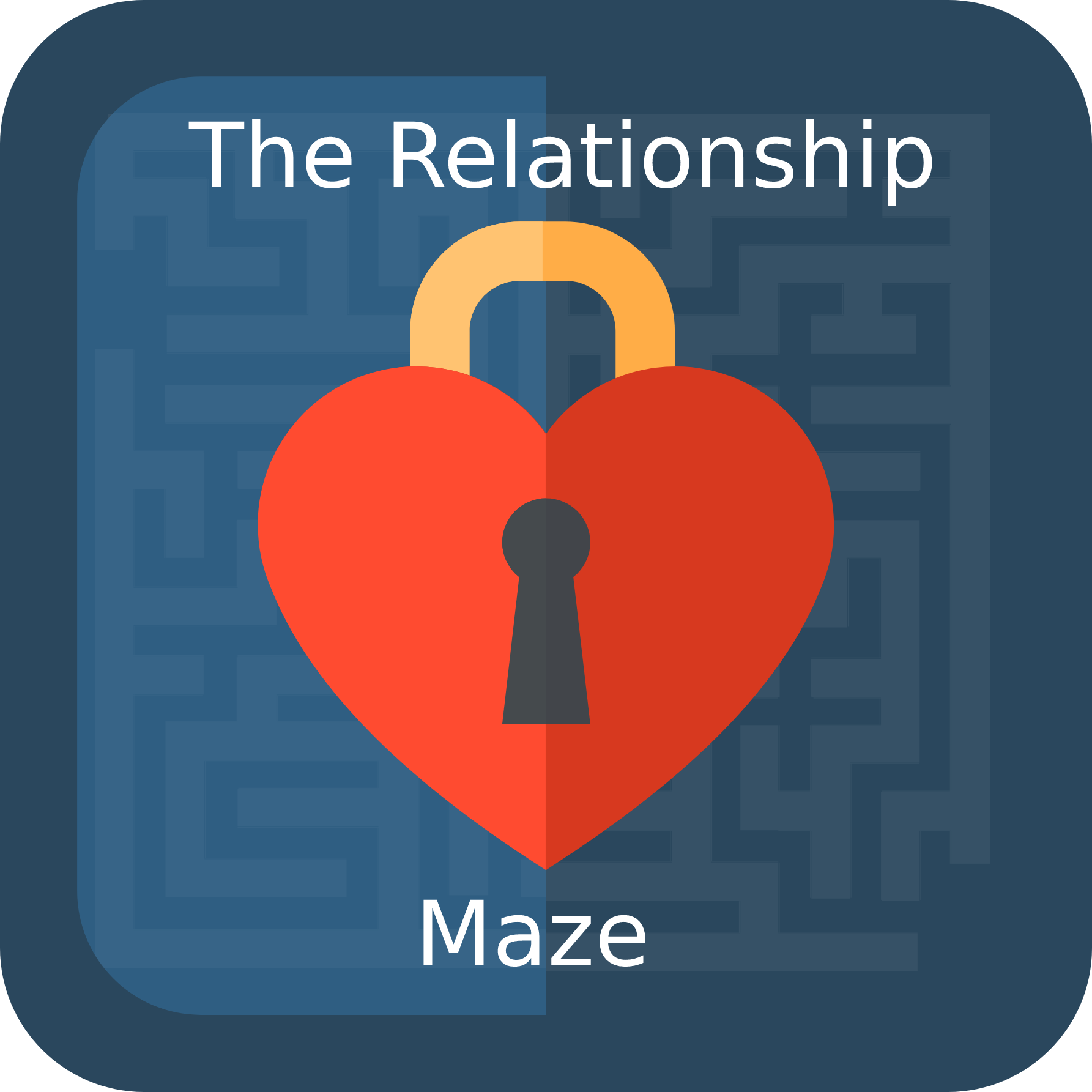Building resilience - identify and utilise your strengths
May 9, 2021

In this episode we explore your inner strengths that get you through difficult times in life. Are you aware of the strategies that you employ to manage challenges? Most of the time you go through life managing obstacles without even thinking about it. Bringing these strategies into your awareness will enable you to creatively employ them in situations which are more demanding and stretching for you. These situations may include challenges at work, in your relationship or in other areas of your life. Developing more resilience will also enable you to cope better with your partner's distress or frustrations.
In this podcast we discuss Padesky and Mooney's Four Step Strengths-Based cognitive behavioural model. The focus is on helping you discover the positive qualities you already have and to consciously apply your strengths in all areas of difficulty in your life.
Padesky and Mooney have developed a model which is based on the premise that if we understand our strategies for managing obstacles in our daily life, then we can also apply these strategies in situations that are more difficult.
The model has four steps:
1. Search: Think of a daily activity such as cooking. Now consider what you do when you encounter an obstacle, eg you realise you have run out of one of the ingredients for the dish. What strategies do you apply to address the obstacle? E.g. you may ring your friendly neighbour's bell and ask if they have the ingredient. Or you may decide to make the dish without the ingredient.
2. Construct: Look at the specific strategies that you have employed in Step 1 and see whether you can generalise them. E.g. Asking your neighbour for the ingredient can be generalised as 'Ask for Help'. Making the dish without the ingredient could be generalised as 'Be flexible' or 'Making do'.
3. Apply: Identify an area in your life which requires more resilience. Look at the list of strategies that you have noted down in Step 2 and plan how you might use them. The focus at this stage is on building resilience not to problem solve.
4. Practice: Now it's time to put your strategies into action. Consider a situation that is challenging for you. Make a prediction as to how challenging the situation will be. Now try out your new strategies and re-evaluate the challenges.
Padesky, C. A., & Mooney, K. A. (2012). Strengths‐based cognitive–behavioural therapy: A four‐step model to build resilience. Clinical Psychology & Psychotherapy, 19(4), 283–290. https://doi.org/10.1002/cpp.1795
For more information about how to improve your relationships, click here to visit our website.
The model has four steps:
1. Search: Think of a daily activity such as cooking. Now consider what you do when you encounter an obstacle, eg you realise you have run out of one of the ingredients for the dish. What strategies do you apply to address the obstacle? E.g. you may ring your friendly neighbour's bell and ask if they have the ingredient. Or you may decide to make the dish without the ingredient.
2. Construct: Look at the specific strategies that you have employed in Step 1 and see whether you can generalise them. E.g. Asking your neighbour for the ingredient can be generalised as 'Ask for Help'. Making the dish without the ingredient could be generalised as 'Be flexible' or 'Making do'.
3. Apply: Identify an area in your life which requires more resilience. Look at the list of strategies that you have noted down in Step 2 and plan how you might use them. The focus at this stage is on building resilience not to problem solve.
4. Practice: Now it's time to put your strategies into action. Consider a situation that is challenging for you. Make a prediction as to how challenging the situation will be. Now try out your new strategies and re-evaluate the challenges.
Padesky, C. A., & Mooney, K. A. (2012). Strengths‐based cognitive–behavioural therapy: A four‐step model to build resilience. Clinical Psychology & Psychotherapy, 19(4), 283–290. https://doi.org/10.1002/cpp.1795
For more information about how to improve your relationships, click here to visit our website.